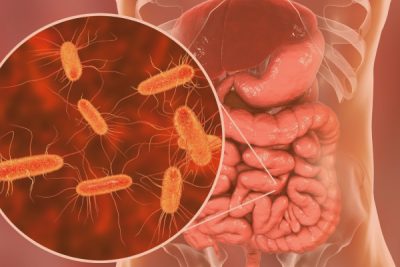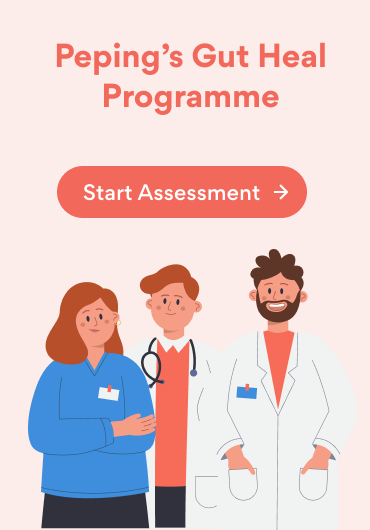Low-FODMAP diets have become a popular solution for individuals suffering from digestive problems, including irritable bowel syndrome (IBS). While the diet has been proven to be effective in reducing symptoms, it is important to understand that it is not meant to be followed indefinitely. In this article, we’ll delve into the reasons why low-FODMAP isn’t forever and explore alternative options for long-term digestive health.
What is a Low-FODMAP Diet?
Low-FODMAP stands for “Fermentable Oligo-, Di-, Mono-saccharides and Polyols.” These are short-chain carbohydrates found in many common foods that are difficult for some people to digest, leading to symptoms like bloating, gas, and abdominal pain.
The low-FODMAP diet was developed by researchers at Monash University in Australia and involves eliminating high-FODMAP foods from your diet for a period of time, typically 4-8 weeks. The idea is that after this elimination period, you slowly reintroduce high-FODMAP foods one at a time to determine which, if any, are triggers for your symptoms.
Why Low-FODMAP Isn’t Forever
While the low-FODMAP diet can be effective in reducing symptoms in the short-term, it is not meant to be followed indefinitely for several reasons:
- Nutritional Deficiencies: Eliminating certain high-FODMAP foods from your diet can lead to deficiencies in important nutrients like fibre, calcium, and prebiotic compounds that support gut health.
- Difficulty Sustaining the Diet: The low-FODMAP diet can be challenging to follow, as it requires a significant amount of dietary restriction and label reading. It can also be difficult to maintain the diet long-term, leading to frustration and eventual relapse.
- Potential for Reintroducing Triggers: The process of reintroducing high-FODMAP foods can be difficult and may not provide a complete picture of your trigger foods. Additionally, some individuals may find that after reintroducing certain high-FODMAP foods, their symptoms return.
Alternative Solutions for Long-Term Digestive Health
If you’re looking for a long-term solution for digestive health, there are alternative options that you may want to consider:
- A Balanced, Whole Foods Diet: Focus on incorporating a balanced diet rich in whole foods, like fruits, vegetables, lean protein, and healthy fats. This can help to provide the nutrients your body needs while also supporting digestive health.
- Probiotics and Prebiotics: Incorporating probiotics and prebiotics into your diet can help to support the growth of healthy gut bacteria, which can improve digestive function and reduce symptoms.
- Mind-Body Therapies: Stress can have a significant impact on digestive function, so incorporating mind-body therapies like meditation, yoga, or deep breathing can be beneficial for improving gut health.
- Working with a Healthcare Provider: If you’re struggling with digestive issues, it’s important to work with a healthcare provider to determine the underlying cause and develop a treatment plan that’s right for you.
In conclusion, the low-FODMAP diet can be an effective solution for reducing symptoms of digestive problems in the short-term, but it’s important to understand that it’s not meant to be followed indefinitely. Alternative solutions, like a balanced whole foods diet, probiotics and prebiotics, mind-body therapies, and working with a healthcare provider, can provide a more comprehensive approach to improving long-term digestive health.a













